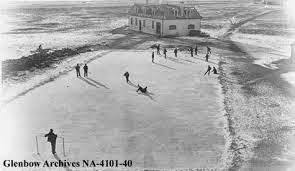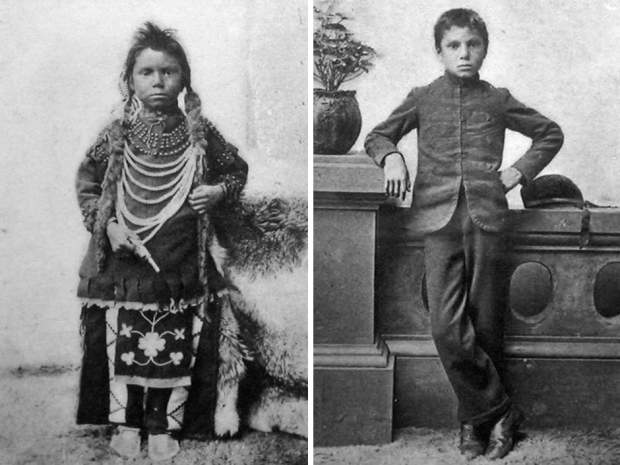MAY 18: Lesson Three - Indian Horse
Introduction
Lesson Four - Indian Horse
Duration - 10 blocks (10 x 80 min + homework)
"When your innocence is stripped from you, when your people are denigrated, when the family you came from is denounced and your tribal ways and rituals are pronounced backward, primitive, savage, you come to see yourself as less than human. That is hell on earth, that sense of unworthiness. That's what they inflicted on us." - Richard Wagamese, Indian Horse

"Saul Indian Horse has hit bottom. His last binge almost killed him, and now he’s a reluctant resident in a treatment centre for alcoholics, surrounded by people he’s sure will never understand him. But Saul wants peace, and he grudgingly comes to see that he’ll find it only through telling his story. With him, readers embark on a journey back through the life he’s led as a northern Ojibway, with all its joys and sorrows.
"With compassion and insight, author Richard Wagamese traces through his fictional characters the decline of a culture and a cultural way. For Saul, taken forcibly from the land and his family when he’s sent to residential school, salvation comes for a while through his incredible gifts as a hockey player. But in the harsh realities of 1960s Canada, he battles obdurate racism and the spirit-destroying effects of cultural alienation and displacement.
"Indian Horse unfolds against the bleak loveliness of northern Ontario, all rock, marsh, bog and cedar. Wagamese writes with a spare beauty, penetrating the heart of a remarkable Ojibway man. Drawing on his great-grandfather’s mystical gift of vision, Saul Indian Horse comes to recognize the influence of everyday magic on his own life." - goodreads review

"There is a longing among all people and creatures to have a sense of purpose and worth. To satisfy that common longing in all of us, we must respect each other." - Chief Dan George
"Two primary objectives of the residential school system were to remove and isolate children from the influence of their homes, families, traditions and cultures, and to assimilate them into the dominant culture. These objectives were based on the assumption Aboriginal cultures and spiritual beliefs were inferior and unequal. Indeed, some sought, as it was infamously said, "to kill the Indian in the child." Today, we recognize that this policy of assimilation was wrong, has caused great harm, and has no place in our country." - Prime Minister Stephen Harper, official apology, June 11, 2008
Read more at: http://www.azquotes.com/quote/1117658
Read more at: http://www.azquotes.com/quote/111765
Some of the issues that FNMI (First Nations Meti and Inuit) people face is a direct result of the disrespect that the dominant culture holds toward them.
Consider your study of "Walk Well, My Brother", wherein Charlie Lavery, initially, viewed Konala with anger and contempt and the northern tundra as a barren wasteland. His experiences with Konla were so significant, however, that his assumptions and attitudes toward her, her people, and her environment change drastically.
What kinds of assumptions and attitudes do you hold that influence your environment and the way you interact with various people? Have you ever thought about why you hold the attitudes that you do? How can YOUR attitudes be a threatening force toward others?